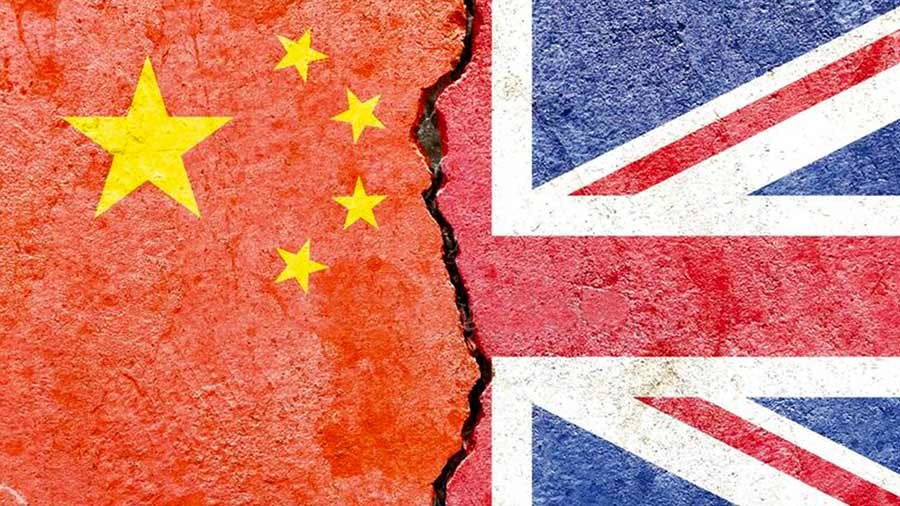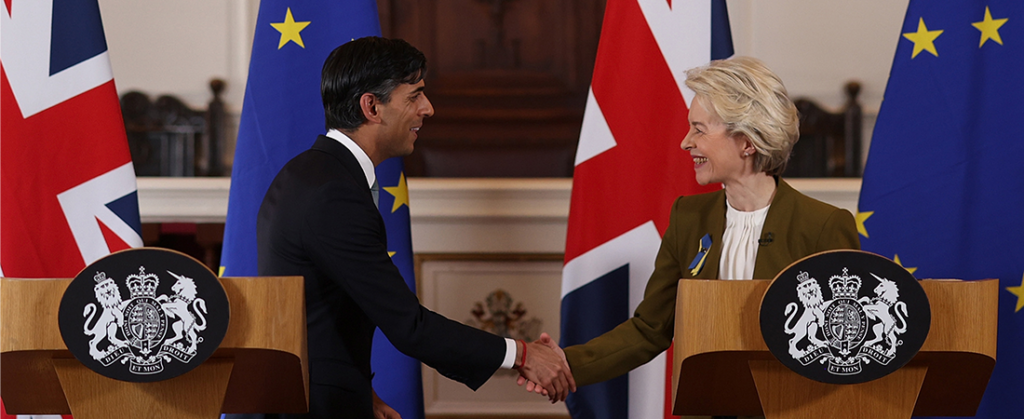Scotland’s first ever recall by-election was decided yesterday, with Labour securing the seat with 58.6% of the vote. Previously a Labour bastion, the constituency has had a history of changing hands between SNP and Labour, doing so at the last three general elections.
All eyes have been on Rutherglen and Hamilton West as a harbinger for next year’s general election. Turnout, however, was 37.19%, putting the level of enthusiasm shown by voters for this election at odds with the political weight that has been thrown at it.
With its potential to be a litmus test for Labour’s Scottish campaign, the by-election was thrust into the national spotlight. It was the first tangible measure of Labour’s ability to strike the appropriate balance between taking SNP seats in Scotland, while appealing to Conservative voters south of the border. Also important for the SNP to defend, maintaining the seat would have provided its leadership reassurance that it was through its recent troubles. As it turns out, the final result outstripped Labour’s high expectations, and likely confirmed the SNP’s worst fears about a potential electoral rout.
Portland’s Ben Hopkinson and Hannah Blackford provide a view from each party on their reaction to the result and what comes next.
Labour view – better than they had dared to hope
Scottish Labour will see this result as the surest sign yet of their resurgence as an electoral force. Their campaign machine proved effective, with a strong candidate supported by highly organised and motivated volunteers, picking up votes from all sides. While resources will be more diffuse at a general election, they will be confident that their operation, and broader positioning, will be able to deliver votes.
UK Labour will struggle to form a majority government without winning Scotland, and the Party will argue that the scale of this victory indicates that they are on the right track. The prospect of taking a swathe of Scottish seats makes Labour’s electoral arithmetic less reliant on winning English seats from the Conservatives, while the expectation of gains in Scotland will blunt Tory accusations that a Labour government would be reliant on the SNP.
With this in mind, Starmer has made a point of regularly visiting Scotland, announcing support for greater devolution in a speech in Edinburgh, while strengthening ties with Anas Sarwar.
In the short-term, the result will buoy Stamer ahead of Conference. Following repeated clashes with members and unions over policy, Starmer is aware that his authority in the Party is contingent on continued polling and electoral success. The renewed promise of a Labour government will be enough to silence many critics, who will be anxious to present a united front in Liverpool.
SNP view – the Party can learn from it, or run from it
This result represents a real blow for the SNP. Albeit expected, the magnitude of the loss of Humza Yousaf’s first election as party leader is the first real sign of waning support.
The Party will now go into analysis mode to understand the reason behind the defeat. Whatever their conclusion they must learn and adapt, quickly. Although Labour will rightly see this as a huge success, there are several variables that could have led to this outcome and treating this as a bellwether for the General Election could be premature.
Several questions remain; were voters put off by Ferrier’s indiscretions? Is the Labour promise of change simply more credible? Did SNP voters even bother to turn up at the polls? Have the operational issues and change at the top of the SNP put people off for good?
Notably, the SNP’s stalwart pledge – independence – was largely absent from its campaign, with focus instead on the cost of living. If independence appears unattainable in the short term, Scots may vote pragmatically, with Labour potentially seen as better able to deliver change than the incumbent SNP.
Ultimately, the buck stops with Yousaf. This marks another gloomy chapter in his turbulent premiership. With rumours swirling the SNP’s campaign struggled to garner support from members, he will face questions in the coming days and weeks over the viability of his strategy and ability to motivate even his most core supporters.
However, to be overly effusive about the result could be a misstep. Importantly, the barometer for Scottish independence remains consistent. The SNP remains a formidable campaigning force, and by-election results are not always clear indications of future general elections. It will take many more electoral defeats like this for the SNP to be ousted as the country’s main party.





